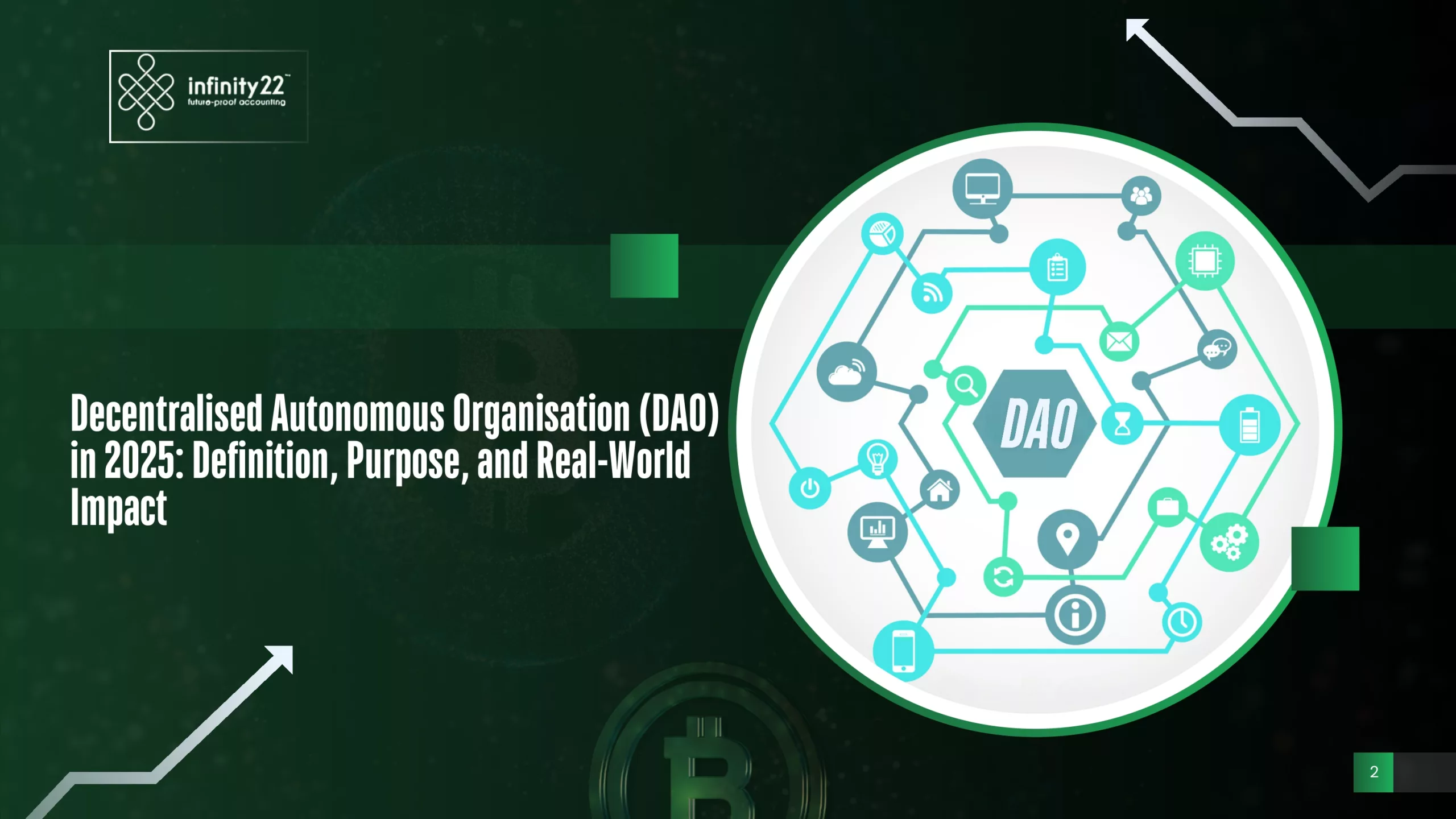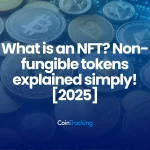How DAOs Are Reshaping Community-Driven Investments
Remember trying to raise money for a school project? You’d pool your allowance with a few friends, debate how to spend it, and hope everyone agreed. Now, imagine doing that on a global scale, with millions of dollars, and for projects ranging from buying a rare copy of the U.S. Constitution to funding a new sci-fi movie. That, in essence, is the power of a DAO.
DAOs, or Decentralized Autonomous Organizations, are flipping the traditional investment model on its head. They’re not just a new tech trend; they’re a fundamental shift in how people come together, pool capital, and make decisions. It’s community-driven investing, stripped of the usual gatekeepers and middlemen. And honestly, it’s changing everything.
What Exactly Is a DAO, Anyway?
Let’s break it down without the jargon. A DAO is an internet-native community that’s collectively owned and managed by its members. It operates through rules encoded in smart contracts on a blockchain—think of these as unbreakable digital promises that execute automatically.
There’s no CEO sending out memos. No board of directors vetoing ideas. Instead, decisions are made from the bottom up. Members hold tokens, and owning these tokens often grants you voting rights. The more tokens you hold, the more voting power you might have—though many DAOs are experimenting with more egalitarian one-person-one-vote models.
The core idea is trustlessness. You don’t have to trust a single person in the group; you just have to trust the code. And since the code is transparent and auditable by anyone, it creates a radical new form of cooperation.
The Old Guard vs. The New Collective
Traditional investing has always had barriers. Angel investing and venture capital were often exclusive clubs, limited to the wealthy and well-connected. If you had a great idea, you had to pitch it to a small group of people in a boardroom. The power was centralized.
DAOs shatter that dynamic. They democratize access. Suddenly, a college student in Jakarta can co-invest alongside a seasoned whale in Silicon Valley in the same early-stage web3 startup. The playing field isn’t just leveled; it’s been completely redesigned.
How DAO Investment Models Actually Work
So how does community-driven investment work in practice? Well, it’s not just one thing. DAOs are experimenting with wildly different models.
1. The Venture DAO
This is perhaps the most direct parallel to a traditional VC firm. A group pools its funds into a treasury and collectively decides which startups or crypto projects to invest in. The due diligence is crowdsourced. Discussions happen in open forums and on Discord channels. Proposals are formally submitted, and token holders vote. If the vote passes, the smart contract executes the investment. It’s venture capital, but slower, messier, and radically transparent.
2. The Collector DAO
This is where things get fun. Groups like PleasrDAO famously banded together to buy high-value digital and physical assets—like that $4 million copy of the U.S. Constitution we mentioned, or the only copy of the Wu-Tang Clan’s “Once Upon a Time in Shaolin” album. No single individual could afford it, but a community could. They’re essentially creating collectively owned museums or treasuries.
3. The Grants & Ecosystem DAO
Many blockchain projects have associated DAOs whose sole purpose is to fund new development on their platform. They give out grants to developers who propose useful tools, features, or applications. This is a powerful way to foster innovation and grow an ecosystem without a top-down corporate structure dictating the roadmap.
The Tangible Benefits—Why This is a Big Deal
The advantages of this model for community-driven investing are, well, pretty compelling.
Diversity of Thought: You get a huge range of perspectives. Instead of a few VCs deciding the next big trend, you have a global community betting on what they find valuable. This can surface opportunities that might otherwise be overlooked.
Alignment of Incentives: In a traditional company, investors and users are often two separate groups with different goals. In a DAO, the users are the investors. Everyone is incentivized to see the project succeed because they have literal skin in the game.
Liquidity and Accessibility: Instead of your investment being locked up for 7-10 years like in a VC fund, your DAO governance tokens can often be traded on the open market. This provides a level of liquidity that was previously unimaginable for early-stage investing.
It’s Not All Sunshine and Rainbows: The Challenges
Of course, this model is still in its wild west phase. It’s messy. It’s chaotic. And it comes with its own set of unique problems.
The Speed vs. Democracy Trade-off: Reaching a consensus among thousands of people is slow. By the time a DAO votes to invest in a hot startup, the opportunity might have passed. Some DAOs delegate day-to-day investment decisions to smaller, trusted committees—but that, you know, starts to look a lot like the centralized system they wanted to replace.
Legal Gray Areas: The regulatory landscape is a foggy minefield. Is a DAO token a security? Is the DAO itself an unincorporated association? Nobody really knows for sure yet. This uncertainty scares off a lot of potential participants and creates real risk.
Security Risks: The code is law—until there’s a bug in the code. Smart contract hacks have led to the loss of millions of dollars. The trustless system is only as strong as its underlying technology.
The Future is Collective
Despite the challenges, the genie is out of the bottle. The concept of community-driven investing via DAOs has proven itself too powerful to ignore. It’s more than a financial mechanism; it’s a social experiment in human coordination.
We’re likely to see hybrid models emerge—structures that blend the efficiency of traditional finance with the democratic ethos of DAOs. The focus will shift toward better governance models, improved legal frameworks, and more robust security.
The arc of finance has always bent toward greater access. From the stock market to index funds to crowdfunding, each innovation has let more people participate. DAOs represent the next, logical, and most radical step on that path. They’re not just reshaping investment; they’re questioning the very architecture of trust and collaboration itself.





